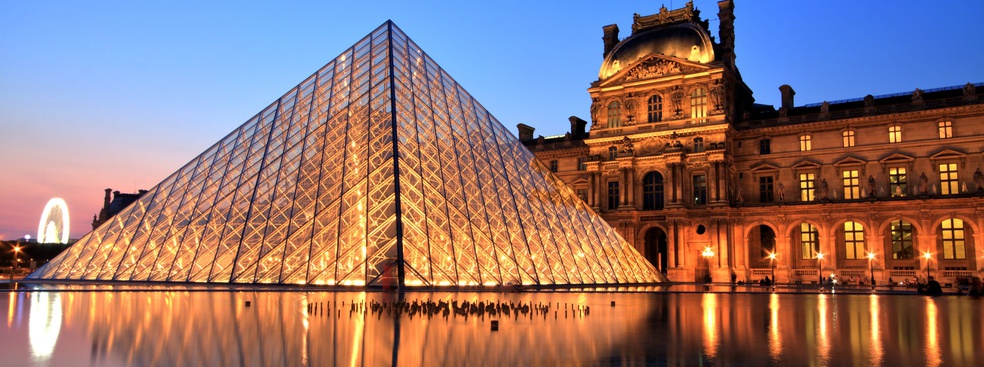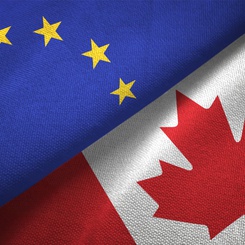As coronavirus is wreaking havoc on the world economy, one of the hardest hit sectors is the cultural industry. A perfect storm is forming, as the forced closure of venues, the dwindling attendance and a swooning stock market conspire to endanger the survival of many cultural institutions, especially those not relying on state subsidies for the major part of their budget. The direct impact from the cancelled performances and uncollected ticket revenue will be substantial, but the indirect effects may be no less significant, as the slowing world economy can be expected to lead to reduced donations. For example, given how closely intertwined the art market and the financial sector have become over the last decade (see this), one can only wonder how deep the economic effect will be, as art fairs are being cancelled and globetrotting collectors cut short their itineraries.
The pernicious effects of the health and financial double crisis will be felt most intensely by small organizations that have a limited capacity to withstand interruption of their activities. Even at the best of times in the cultural sector, the majority of organizations can only maintain a tenuous financial balance, with disaster an unpredictable event away. The current predicament is so unexpected and so massive in its impact that the disruptions on the balance sheet will be felt way past the point when the contagion starts to subside.
The coronavirus episode will serve as yet another reminder that the world needs to find ways to better manage its global interdependencies, their inherent risks and multifaceted effects on local markets and organizations. Governments may need to consider the creation of emergency funds that can be used to support cultural organizations in turbulent times, when the customer is either compelled or encouraged to abstain from attendance of events. It is likely that insurance premiums for temporary exhibitions will go up and that new stipulations will be written into agreements on the exchange of artworks between museums. Many organizations will be forced to review the extent of their vulnerability to unpredictable disruptions to their primary sources of funding and to assign more realistic probabilities to yet unknown threats.
If there is a silver lining in what is currently unfolding, it is that the crisis may force organizations in the cultural sector to ride more assiduously the technological wave. A sacrilegious thought is becoming more acceptable – that the count of bodies on seats is a dated practice. Consumption patterns are changing and content is increasingly migrating online. What has so far been viewed as efforts at democratization of the arts – such as the broadcasting online of live performances, may receive a powerful impetus as a template for the future. With their thousands of recorded performances, platforms like Arte Concerts or Medici TV are changing consumption patterns in the cultural sector in a profound and lasting manner. A number of museums, including the Musée d’Orsay in Paris and the British Museum in London, offer virtual tours of their institutions that patrons can enjoy for free from the comfort of their couch. The Opera of Paris has also announced that they will make performances available for streaming starting from March 17th.Museums, theatres and opera houses are increasingly realizing that bringing in paying customers is not the ultimate economic goal and that they need to experiment with new ways to reduce uncertainties and hedge risks.
It is very likely that the current predicament will reinforce the digitalization and commercialization of the cultural industries, as organizations strive to identify new revenue streams that do not depend on physical presence. This may involve investment in digital modes of consumption, extending the marketing scope and leveraging one’s brand globally, and closer association with the luxury industries in order to explore complementarities. There is little doubt that the delayed digitalization of the performing arts sector will receive a new lease of life. An encouraging recent development is the increasing willingness of cultural organizations to extend their digital presence. For example, a few days ago a small local theatre company decided to deliver a cancelled performance before an empty audience, broadcasting online free of charge. The public interest far exceeded the expectations, with five hundred thousand views online from all over the world. The sense of solidarity that initiatives of this kind create produce significant reputation benefits that will carry over into the post-contagion period.
Cultural organizations are facing the necessity of hedging risks and reducing dependence on physical space that will inevitably lead to changes in the current business models. Managing the local-global interface in a manner that is economically viable and culturally enriching is an increasingly important competence for managers in the cultural sector. They may need to take the celebrated motto of the “Globe” Theatre more literally - “all the world is a playhouse”.









